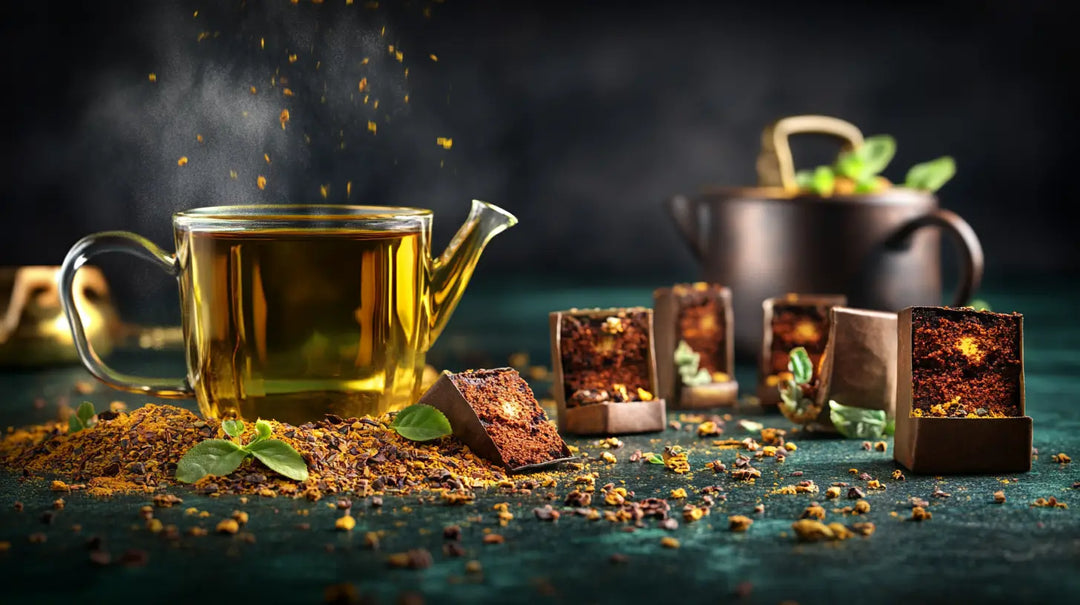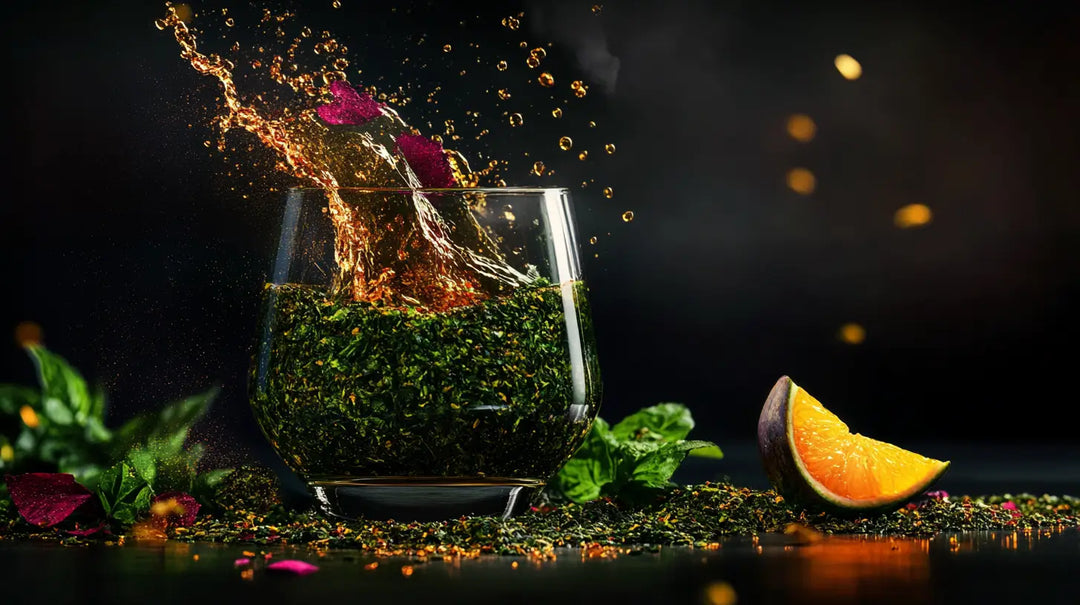Does matcha tea have health benefits?
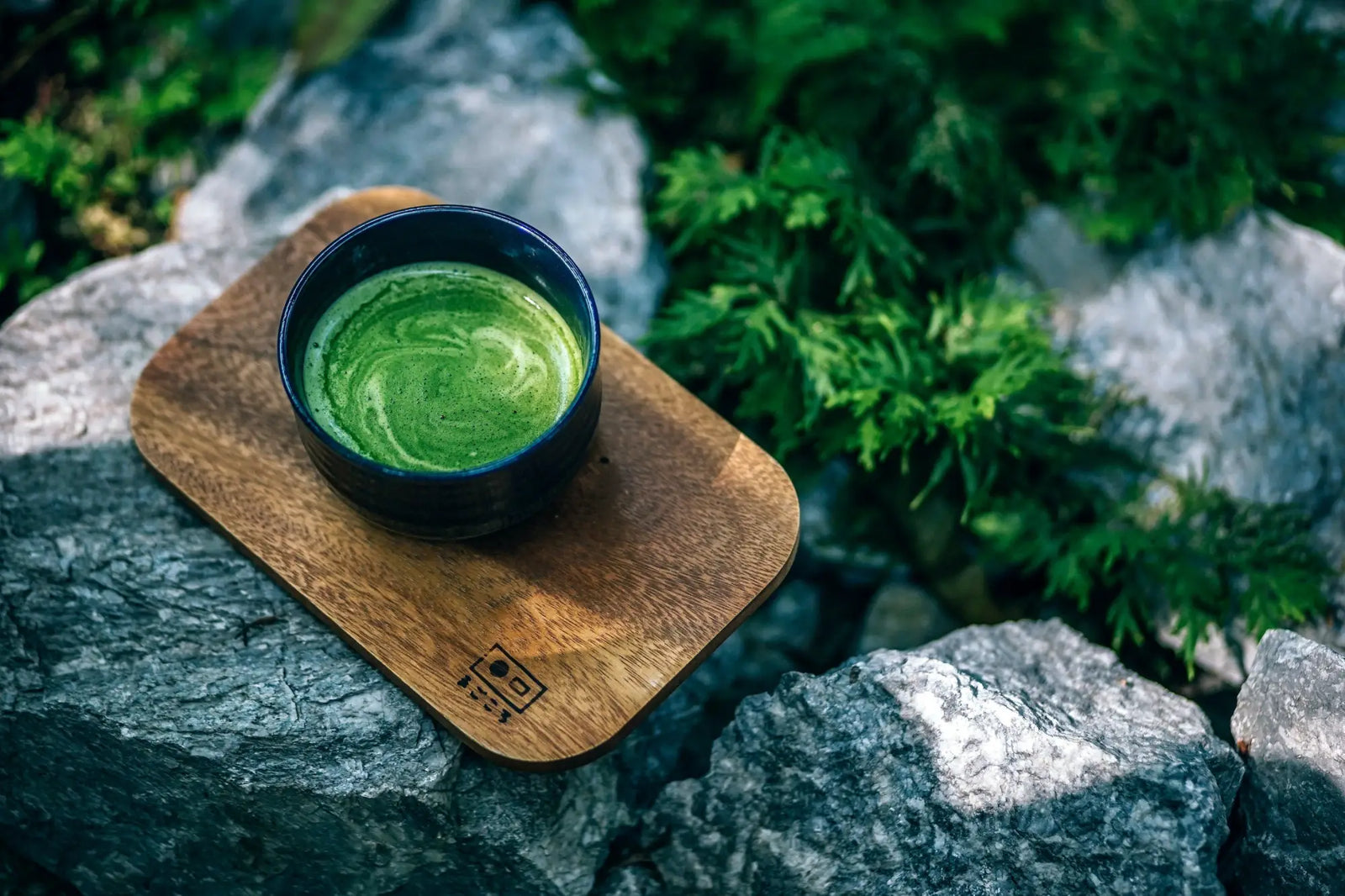
Matcha has been talked about as a miracle healer and also as a mere stimulant. Which one is true? We found out what scientific research on this tea has proven. At the end of the story, we have listed and linked all the sources used, so you can search for more information directly from the sources.
Although the health effects are important and interesting, anyone can enjoy tea just for the sake of taste and atmosphere.
SECRET INGREDIENT OF MATCHA: EGCG
All green teas contain an antioxidant called epigallocatechin gallate, or EGCG for short. It is a powerful antioxidant that helps our bodies defend against diseases, among other things.
In 2003, researchers Weiss and Anderton (1) studied the EGCG content of matcha tea. They compared the concentration with the concentrations of other tea species. According to research, matcha contains about three times the amount of EGCG flavonoids compared to other green tea species. Other colored teas fall even further behind.
Matcha thus contains a relatively large amount of the antioxidant typical of tea. EGCG is a major reason why the health effects of matcha are considered important and being studied.
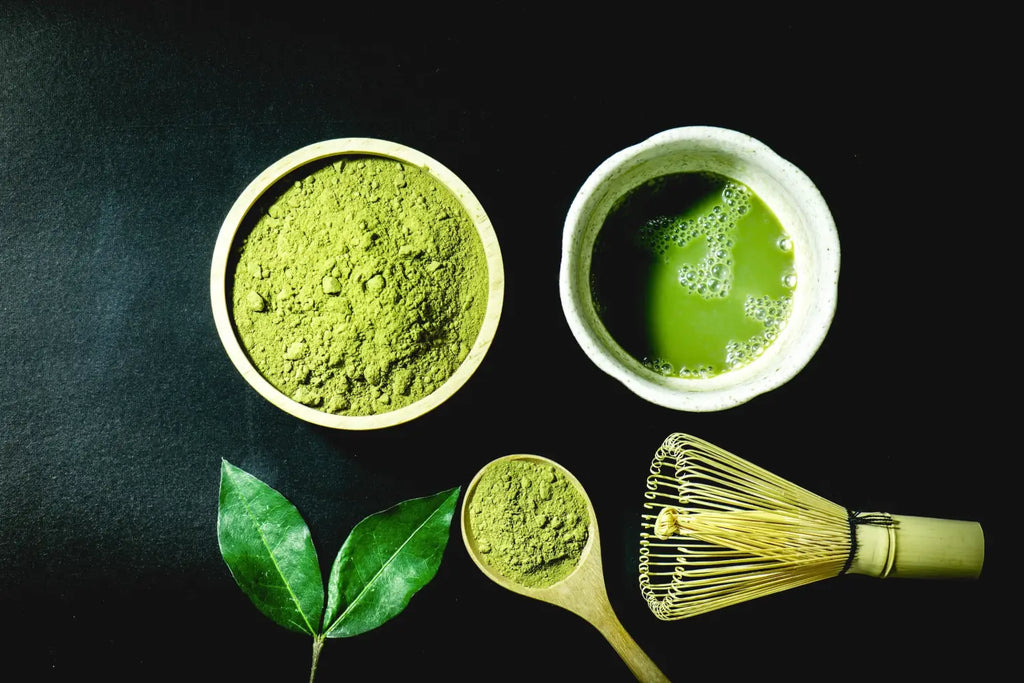
RESEARCH ON HEALTH EFFECTS
The health effects of Matcha have been studied extensively in the next few years. Studies have focused on the effects of matcha on common aspects of health, such as stress, fat burning, and performance. Due to the small size of the research staff, the results are often not generalizable. However, they give an indication of the possibilities of matcha.
SHOULD MATCH BE DRINKED OR EATEN?
The powdered composition of Matcha tea makes it easy to add to a variety of foods and pastries. In addition to the great taste, matcha brings a colorful shade of green to the dishes.
Traditionally, matcha tea is enjoyed as a drink. It is mixed with hot water and ingested as is. Various beverage mixes such as matcha-latte have also been popular in recent years.
So if you want to make the most of the benefits of matcha, you should do so by drinking.
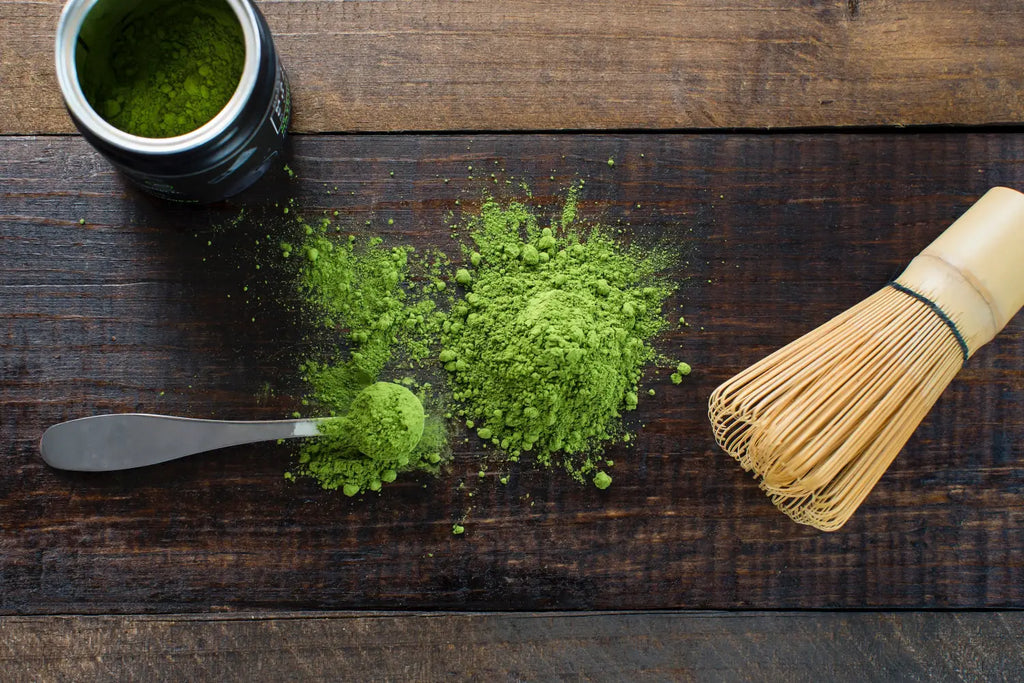
EFFECTS OF THE MATCHA TEA
Matcha can therefore have positive effects on health. However, it is nice to have a good atmosphere by the tea anyway. A cup of hot, frothed matcha provides an enjoyable moment that is perfected when shared with friends. Light a few more candles and take a deep breath - and the effect of relaxation begins to be clearly noticeable.
Looking to reap the benefits of matcha tea? Explore and order directly our high quality Japanese matcha from our online store.
SOURCES
1 Weiss, D.J. & Anderton, C.R. 2003: Determination of catechins in matcha green tea by micellar electrokinetic chromatography. Journal of Chromatography A: Volume 1011, Issues 1-2, p. 173-180. Julkaistu 5.9.2003
2 Unno K. ja muut 2018: Stress-reducing function of matcha green tea in animal experiments and clinical trials. Nutrients. 2018 October, 10: 1468. Julkaistu verkossa 10.10.2018.
3 Willems et.al. 2018: Matcha green tea drinks enhance fat oxidation during brisk walking in females. International journal of sport nutrition and exercise metabolism 28(5):1-21. Tammikuussa 2018.
4 Dietz, C. et.al. 2017: An intervention study on the effect of matcha tea, in drink and snack bar formats, on mood and cognitive performance. Food Rest Int. Syyskuu 2017. 99(Pt 1): 72-83.




